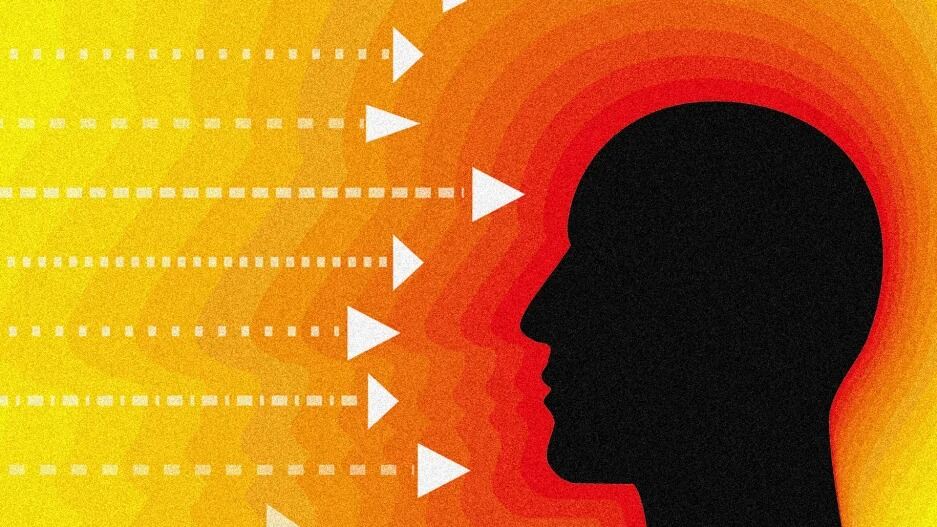- | 9:00 am
Can emotional intelligence help with the rising mental health crisis at work?
Here’s why leaders have a role to play in ending the stigma against mental health struggles.

Leaders need to focus on the mental health of their workers in 2024.
In a recent survey of more than 1,000 U.S. employees, 86% of the respondents strongly or somewhat agreed that employers needed to do more to address mental health needs in the workplace. And approximately 40% of U.S. employees say their job negatively impacts their mental health, according to research from Gallup.
The recent increase in mental health problems has been felt by employees and management alike, resulting in noticeable increases in anxiety, depression, stress, and burnout. The overall impact has been a loss of engagement, productivity, and overall well-being throughout entire organizations.
Emotional intelligence is a crucial factor in our psychological health, and it is a tool that organizations need to look at if they want to address the worker mental health crisis.
Increasing emotional intelligence boosts our ability to recognize and manage our emotions better. It also helps us understand what others are feeling and experiencing. It helps us to communicate more effectively as well as use empathy in our interactions with others in the workplace. Increasing our ability to empathize with others reduces stress, anxiety, and burnout. It decreases tension among coworkers and increases the positive atmosphere throughout the organization.
Micah Bravery, host of the These Fukken Feelings Podcast, argues that emotional intelligence can enhance workplace dynamics and mental health by helping individuals foster empathy and self-awareness.
Self-awareness is a crucial component of emotional intelligence. People who have a high level of self-awareness are able to understand what their triggers are, and the kind of words and situations that trigger their emotions. This allows them to avoid reacting impulsively to situations that further escalate misunderstandings and increase conflict. Rather than react impulsively, people who have a high level of self-awareness are able to think things through, de-escalate conflicts, and come up with solutions. Self-awareness can also help us recognize when we are reaching the point where we need a break and have to remove ourselves from an environment or situation.
Understanding emotional intelligence, and how to use it effectively, is a valuable tool in helping us build resilience. Recognizing our emotions and the emotions of others helps build confidence in our ability to find solutions with others, and to face difficult situations as a team. The more people in the workplace who are able to do this, the more the tension levels decrease, and engagement levels go up.
Another crucial element of emotional intelligence is empathy. Empathy allows us to better understand how others are feeling. Empathy helps us break down barriers between employees and between employees and management.
In any workplace, it is crucial that leaders demonstrate emotional intelligence. Leaders need to be proactive in creating an environment that openly encourages staff to express mental health concerns as well developing resources and programs that will support staff in all areas. Leaders who are open and willing to be vulnerable and share their own struggles will demonstrate to staff that it is okay to do so.
In the past, sharing mental health struggles in the workplace has been stigmatized. Emotionally intelligent and empathic leaders have a major role to play in changing this destructive viewpoint.








































